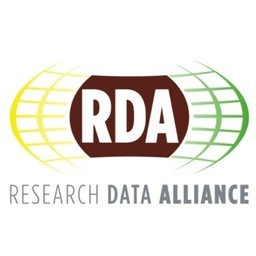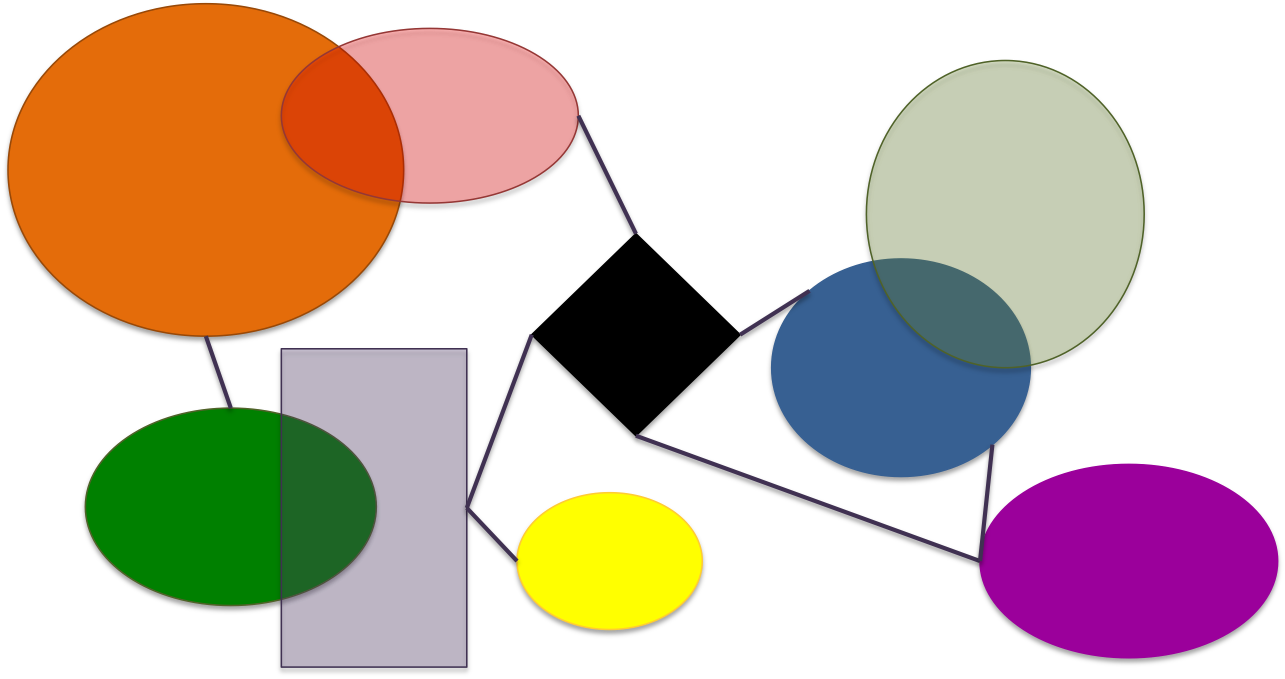On March 18, the 1st Plenary of the global Research Data Alliance (RDA) in Gothenburg was launched by Neelie Kroes – Vice-President of the European Commission. The three days event brought together more than 200 ‘data advocates’ from around the world representing researchers, institutions, governments and industry, to facilitate discussions towards next possible steps with collaboration and joint work via working groups or interest groups – in the spirit of openness, sharing and re-use at the intersection of culture and science.
The procedure as to how RDA working groups and interest groups are being setup is introduced, but still considered a work in progress. At the launch event’s Agora session group proposals were presented and discussions continued within the so-called Birds of a Feather sessions. Besides two formal working groups on “Persistent Identifiers” and “Data Type Registries” mature case statements were introduced for “Data Foundations and Terminology“, “Practical Policy“, “Legal Interoperability” and “Communities and Engagement“, while other presentations where still refining their objectives “Metadata“, “Contextual Metadata“, “Repository Audit and Certification“, “Preservation e-Infrastructure“, “Marine Data Management“, “UPC Code“, “Data Citation” and new ideas emerged “Community Capability Model“, “Big Data Analysis Query“, “Worldwide PID“, “Data Publication“, “Architectural Data Interoperability” and “Industry and Health Informatics“.
While the different proposals indicate the wide range, implied challenges and overlap, this post is to inform about the outcome of discussions around “Contextual Metadata”, which started from four initial, rather un-specified use-cases (see also forum discussion), of which (1-3) where classified managerial and (4) was meant to speak for the researcher:
- Output Reporting to Funders
- Exchange of Information on Research Activity between Universtities
- Management of the Research Portfolio of a University by a Research Manager
- Discovery and Re-use of Datasets for other Purposes
The one hour BOF discussions approached these use-cases with the aim of understanding a context by identifying its significant underlying entities and their relationships towards delivering formal, standardised descriptions, i.e. implementations, taking into account material that is available and the expertise of people willing to engage. That is, putting forward a formal Case Statement to establish a RDA Working Group approached via use-cases.
Discussions revealed there is a lot of interest in the proposed group, which in the spirit of RDA will be renamed to “Data Context”. Furthermore, it was recommended that the proposed use-cases should be as specific as possible to ensure feasibility and delivery.
In the end, a new set of much more specific use-cases has been agreed. These will be posted in the RDA forum for further public consultation and refinement. They have been classified according to anticipated perspectives and in their order follow the discussed priorities:
-
Researcher: Find data and supplementary information (e.g. services, reports, tools, news, photos, …) to support a case study around an event (e.g. hurricane Katerina) from different catalogues.
-
Managerial: Indicate to funders what are the overlaps and gaps in currently funded research. Want to know from Data-Centers and Scientists if there are overlaps in Programmes – look a lot wider -> sub implications – understands amongst others semantics of geography and temporal contextual aspects.
-
Provenance: Allow to take Segments from Streamed Data and Workflows. (e.g. Social scientist reporting on social aspects of a climatic event) (e.g. an agency will publish storm reports/maps … and increasingly in public spaces … posting them on facebook, tweet where people wish to know from where is the data and who produced the image, who ran the processing job.)
-
Interoperability: Exchange of contextual metadata between different systems.
Close collaboration is foreseen and has started with other working groups, especially the proposed RDA “Metadata” group, where interaction facilitators have been nominated to maintain the bridge. In addition, there was an agreement to exchange group members between the ICSU/World Data System’s group “Knowledge Network” and to explore potential collaboration opportunities with CODATA working groups. Available standardisation and harmonisation approaches such as those initiated by DCC, PROV, PREMIS, MARC, CKAN, DCAT, CERIF, CASRAI, VIVO, OAIS, APA, W3C, ISO, OMG, etc. will certainly guide development and implementation processes. A report is being prepared, slides will be uploaded and discussions will be continued in the RDA forum.
The RDA initiative has been brought into existence by an initial three research funding organisations:
- The Australian Commonwealth Government through the Australian National Data Service supported by the National Collaborative Research Infrastructure Strategy Program and the Education Investment Fund (EIF) Super Science Initiative
- The European Commission through the iCordi project funded under the 7th Framework Program
- The United States of America through the RDA/US activity funded by the National Science Foundation
Research Data Alliance on Twitter: http://twitter.com/resdatall


